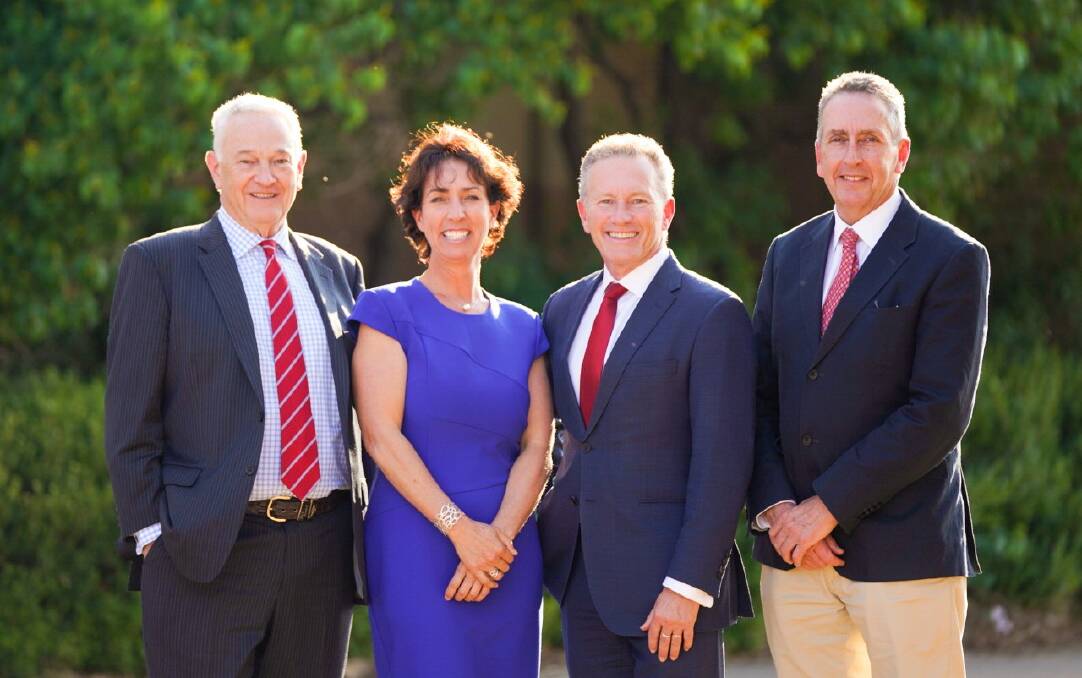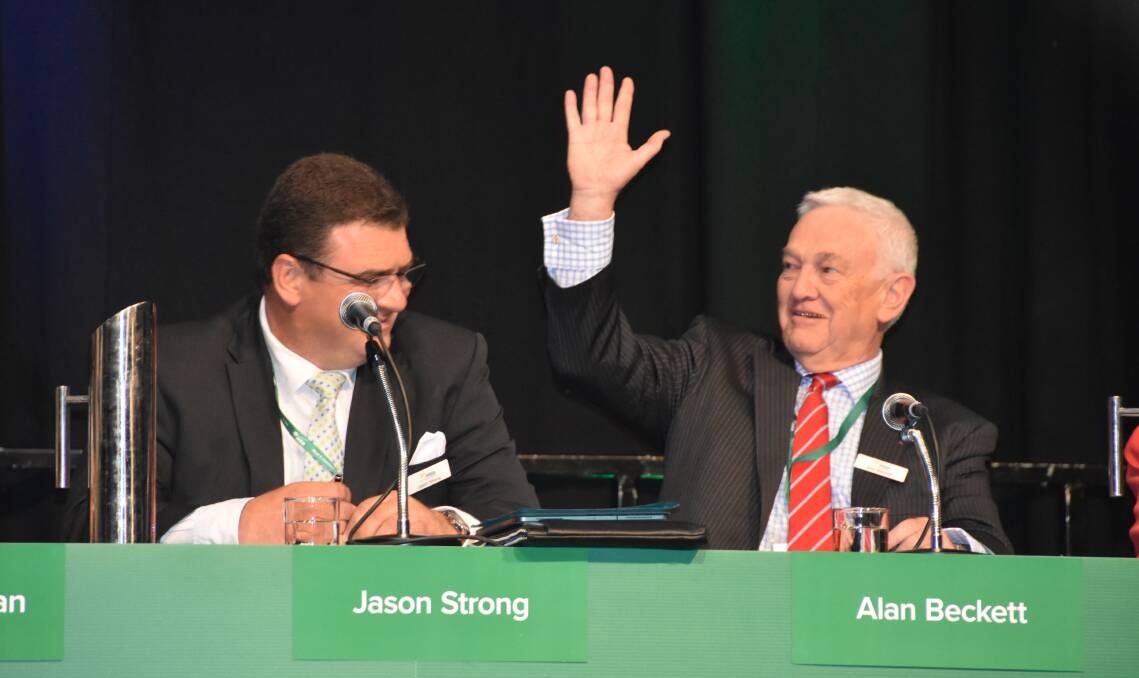
BIG red meat service provider Meat & Livestock Australia has put its money where its mouth is by waiving all fees and charges to producers for services it delivers in a bid to fast-track adoption of research and development and help drive the national herd and flock rebuild.
Managing director Jason Strong made the announcement this afternoon at the organisation's annual general meeting in Tamworth, saying the aim was to do everything possible to facilitate the uptake of tools which would aid the recovery process for the country's cattle, sheep and goat producers.
From next Monday until the end of June 2021 MLA will not charge for the likes of Livestock Production Assurance national vendor declarations, training workshops, producer Meat Standards Australia activities, field days and workshops.
"By temporarily removing these costs, our intention is to support levy payers directly," Mr Strong said.
"This is not the only measure, but it is the first step to show our commitment to support industry.
"Regardless of where we live, none of us have been able to avoid the lived experience, nor the vision, of the challenges that have faced our whole industry in the last couple of years - drought, floods, fires.
"Our national herd and flock numbers have been smashed and the recovery on a national scale will be challenging - let alone being able to double the value of sales (the goal the industry has set itself)."

Mr Strong said there were limits to what a service body like MLA could do in challenging circumstances such as these.
"Much of the assistance we can provide revolves around information, practical tools, communications and support," he said.
"Many of these products and services are commercial offerings, which we charge for, and we should. If we are to be successful in our ambitions of creating unprecedented transformational change, there will be more tools in the coming months and years that will be commercial offerings to the industry reflecting the value created from levy investments.
"However, we are conscious of the current challenges facing the industry and the potential restrictions to our recovery."
By temporarily removing costs that MLA can control, the hope was a shared commitment from industry to focus on what we can influence individually and collectively to support red meat levy payers, Mr Strong said.
Success in the future would require a concerted, collective team effort.
"I have no doubt the red meat industry is up for the challenge. We are resilient. When we work together we can achieve anything," Mr Strong said.
Producers at the AGM welcomed the news with open arms.
Cattle Council of Australia president Tony Hegarty said the move spoke to something that really needed addressing - adoption and implementation.
"A lot of R & D has been done in our industry over a long period of time, and there has not been a great deal of uptake," he said.
"So coming out of a drought, whenever that is, and building up your skills and actually building up production through innovation and adoption will be very important.
"The concept of really lifting the ability of producers to get the best return for the rain they get, when they get it, is good.
"If you look at other industries at times when they've been in crisis, like dairy when it was deregulated, one of the things they did was a lot of business training, and I've often heard dairy farmers say that was the best thing that ever happened, because it actually focused on their business skills in a crisis and they were able to build their way back out of it."
New face on the board
Former Horticulture Innovation Australia chief executive officer John Lloyd was elected a new director to the MLA board at the meeting.
Two current directors, technology expert Robert Fitzpatrick and WA consultant and livestock producer Erin Gorter, were re-elected.
Mr Lloyd has extensive experience in the Australian agribusiness sector with a deep understanding of red meat industry dynamics, knowledge and connections across the agri-food ecosystem including the RDC sector, government and research providers.
The MLA board is skills-based, with directors having complementary skills to reflect the diversity required to make important decisions in the best interest of members and for the long-term benefit of the livestock industry.
After eight years in the role, chair Michele Allan handed over the reins to Victorian producer Allan Beckett.

